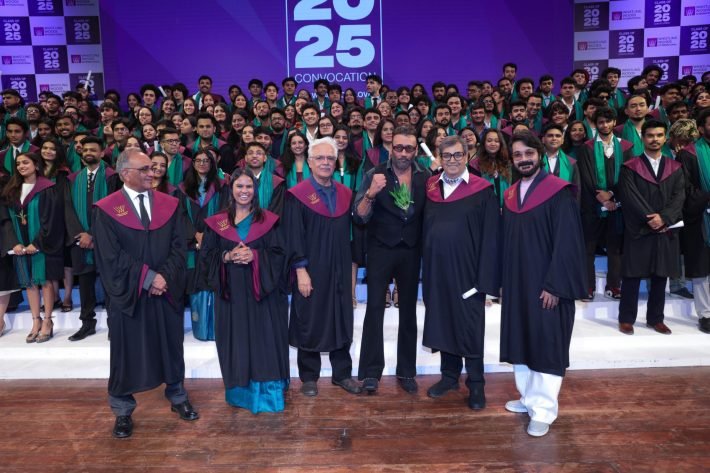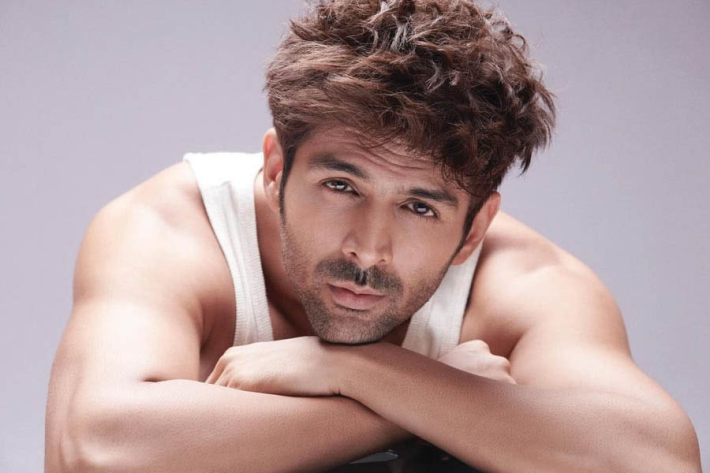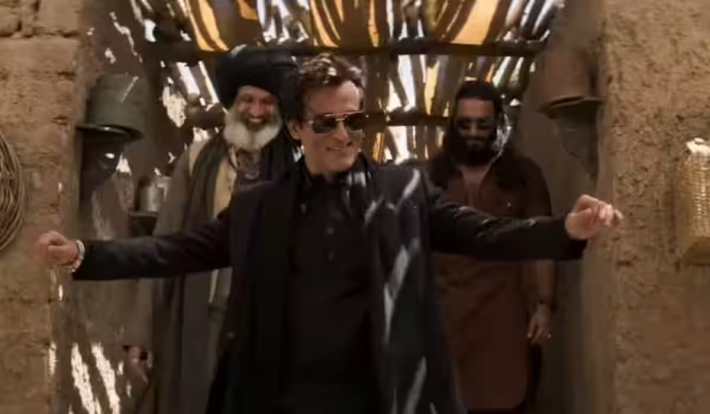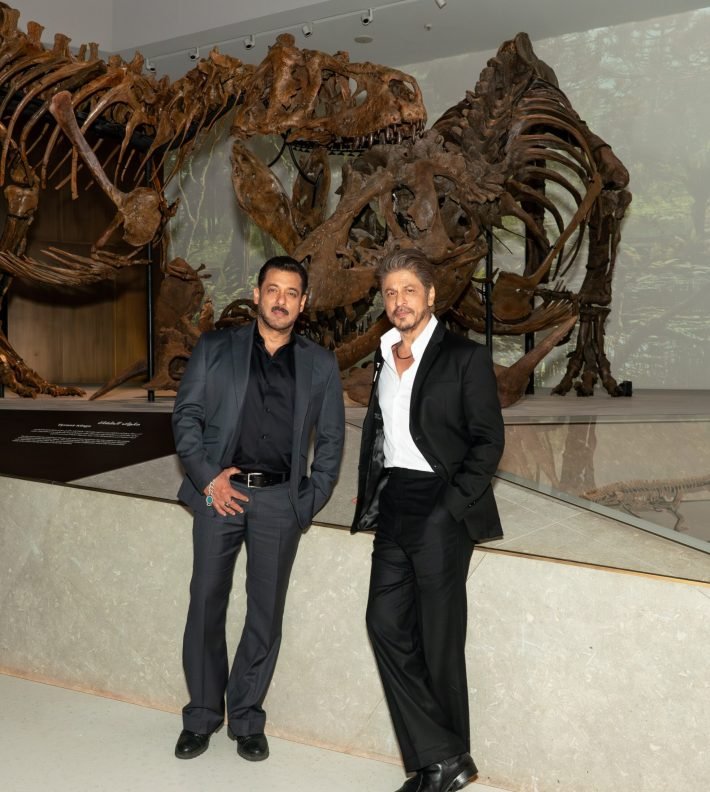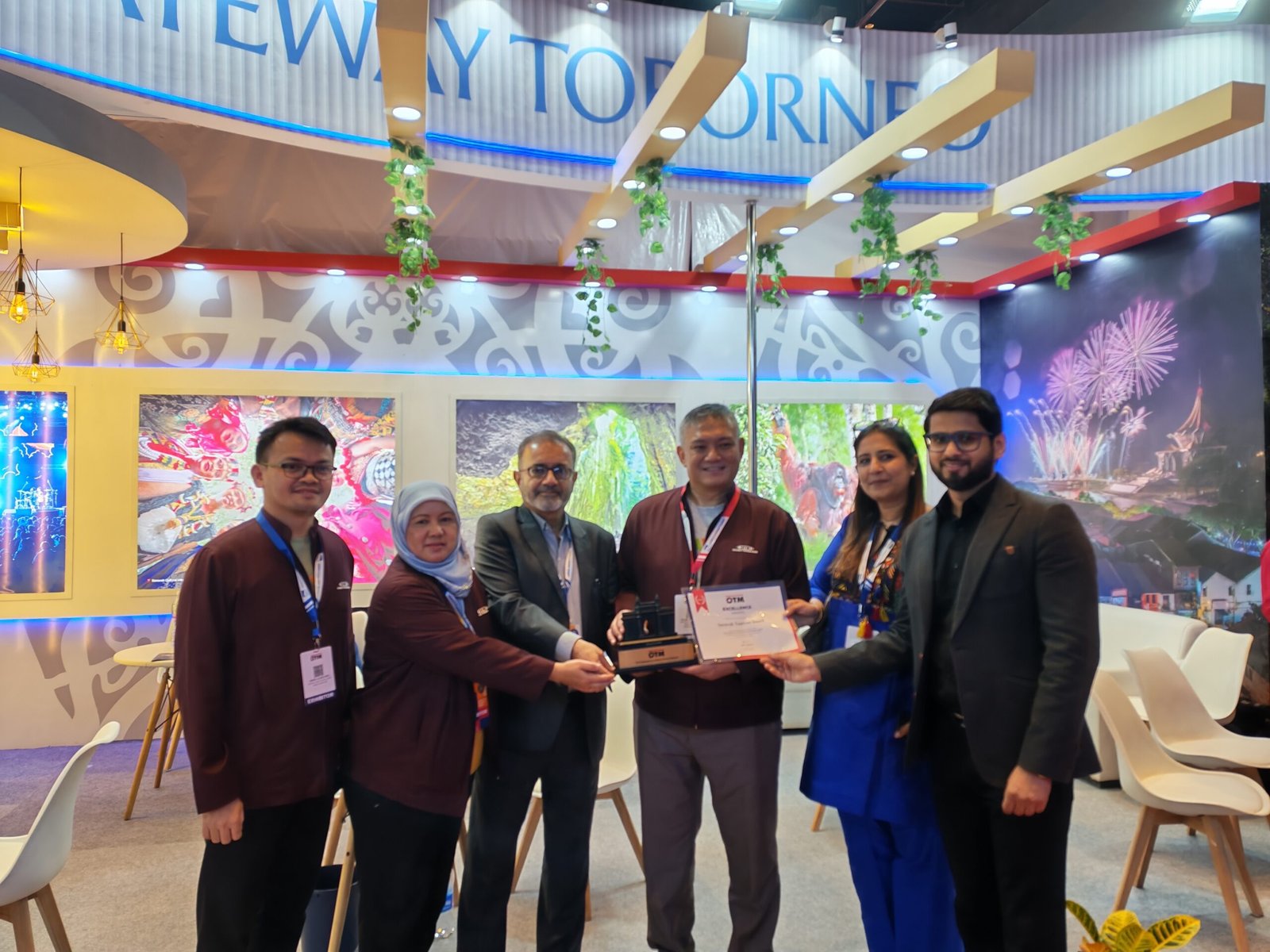For the longest time, Talat Mahmood has been recognised for his contribution to Indian music, making him an integral part of Bollywood’s history. Talat Mahmood possessed a voice of unparalleled velvetiness, and each note in every song he sang felt like a velvety satin ribbon stroking the eardrum. As we mark the death anniversary (May 9) of this distinguished singer, we have the privilege of gaining a unique perspective from someone who shared an intimate connection, Sahar Zaman, the grandniece of Talat Mahmood.
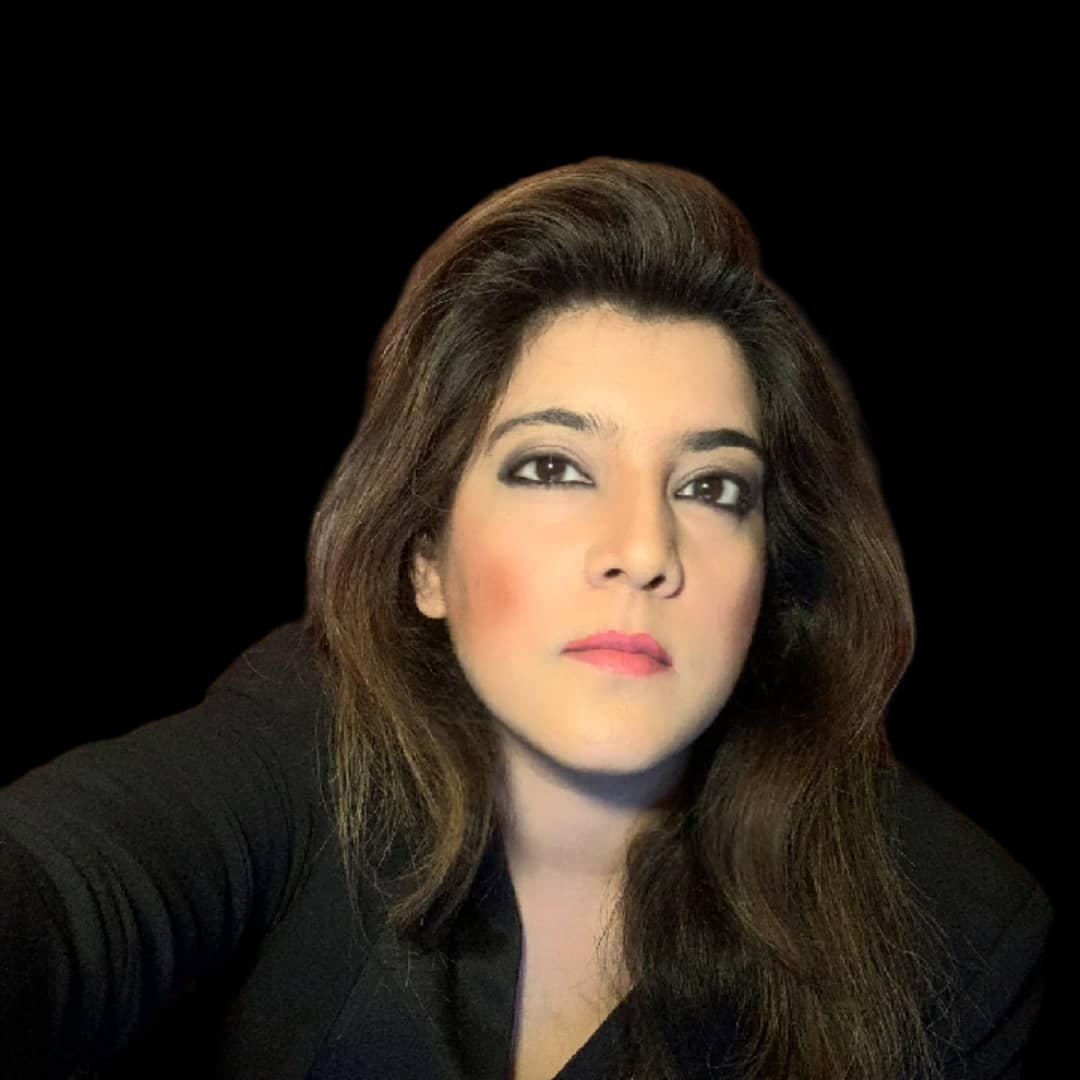
In this exclusive interview with TheGlitz, Sahar takes us on a deeply personal journey through her recently published autobiography, Talat Mahmood: The Definitive Biography, where she provides a rare glimpse into the life and legacy of her illustrious granduncle. With deep admiration and nostalgia, she reveals cherished memories, anecdotes, and insights that only a family member could possess. Sahar Zaman presents a vivid portrayal of the singer by recalling his early days and personal struggles while witnessing his meteoric rise to songdom.
Prepare to be captivated as Sahar Zaman shares the lesser-known facets of Talat Mahmood, including his challenges and successes, and sheds light on the person behind the proverbial voice that continues to inspire generations. This autobiography is a must-read for fans and music enthusiasts alike, celebrating the significant influence of Talat Mahmood’s artistry on the music scene. Over to Sahar Zaman.
Talat Mahmood: The Definitive Biography
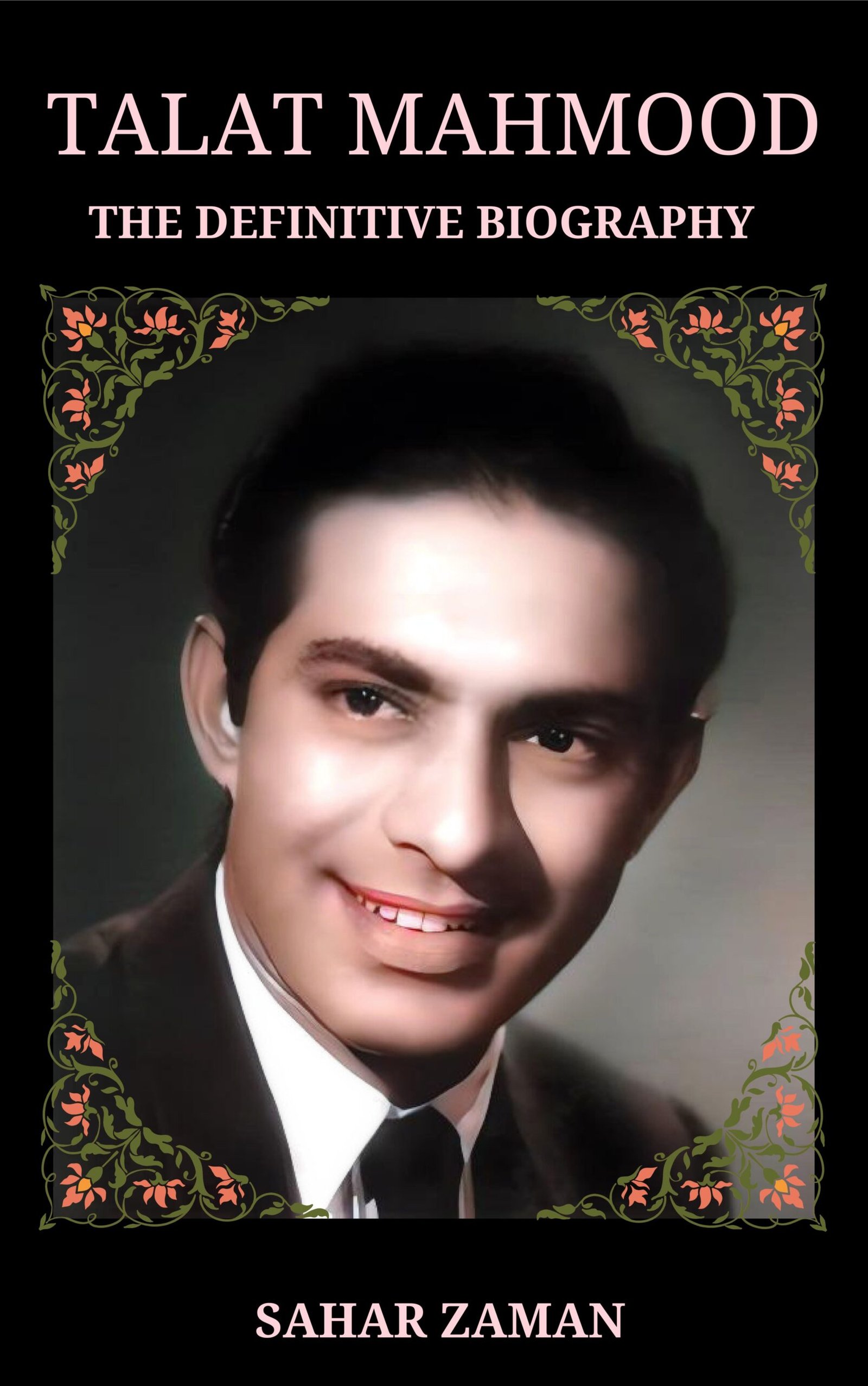
How do you feel about being born into the family of King of Ghazals?
Well, you know, when I was born and growing up, I wasn’t fully aware of my granduncle’s iconic stature. My interactions with him were more personal, like spending holidays together during my school and college days, than about his songs or career. It was only while researching and writing his biography over the past two years, so to speak, that I truly grasped the immense impact and magnitude of his contributions.
The extensive research into his life, career decisions, and role in establishing the Indian film music industry, as well as independent India’s non-film ghazal genre, unveiled just how colossal his legacy is. While I always knew he was a great legend, the depth of his influence and the vastness of his contributions to Indian music became strikingly apparent during this recent biographical endeavour. The magnitude of what he achieved hit me much more profoundly through this two-year research process.
What inspired you to write a biography about your granduncle’s extraordinary life as a renowned singer?
The inspiration actually stemmed from a very personal and proud moment years ago, around 2014–2015. I was a new mother then, and my infant son had a fever. Despite not wanting to leave him, I had professional commitments and had to go to work for my shows. Feeling miserable as I drove to work, one of my granduncle’s songs played on the radio. It was either “Tasveer Banata Hoon” or “Shaam-e-Gham Ki Kasam.” His soothing, calming voice gave me an immense sense of peace at that difficult moment.
I felt so grateful and proud to be related to him as a family member. This strong personal experience made me want to give back to his memory and legacy out of gratitude. So, the idea for the concert series “Jashn-e-Talat” was born in 2015, though it took time to design, build, and gather partners together. In 2017, a casual mention to Sudesh, who manages my public relations, played a big role. I most certainly remember her words, ‘chalo koshish karte hai’, which sparked additional thoughts and got the ball rolling, and we eventually hit it off on the ground. We ultimately launched it, first in Delhi and Noida and then finding partners in Lucknow, Hyderabad, and Mumbai.
So, it all essentially started with the Jash-e-Talat concert series. And while researching for the concerts, I realised his vast body of work as a performing artist couldn’t be contained in 2-3 hour shows. There was so much more to his extraordinary life that needed to be shared. That’s when I decided to write his biography, perfectly timed for his centennial birth anniversary in 2024. Bringing out a concert series and book in his 100th year celebrating this incredible journey felt really meaningful.
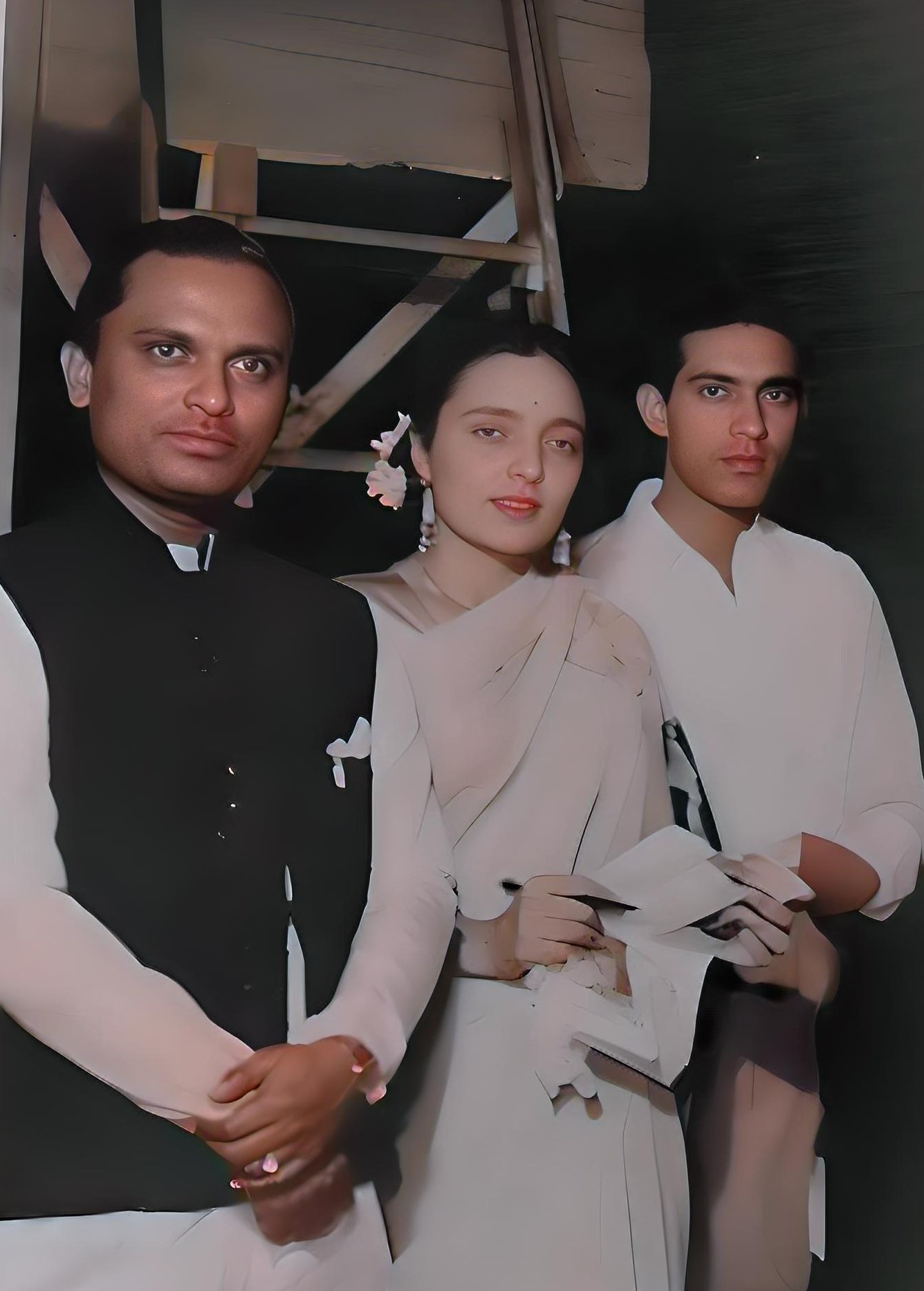
Can you share some fascinating stories or anecdotes about Talat Saab that didn’t make it into the book?
Adopting an impartial approach, I endeavoured to uncover and present all aspects of his life, including engaging in conversations with relatives to fairly portray all facets of his life. I was largely intrigued and fascinated to write about his extraordinary life story as a journalist would. For me, it was a compelling narrative that needed to be told before being forgotten.
This encompassed discussing his decision-making processes, interactions with his father, and how relationships were affected by his choice to pursue music. It is crucial to contextualise these events within the period in which they occurred. Born in 1924, he initiated his singing career with All India Radio in Lucknow at the tender age of 16, in the late 1930s, a time when India was still under British rule.
Originating from a culturally rich Muslim family known for hosting gatherings that celebrated music and poetry, the environment was inherently conservative. His father, a figure actively involved in India’s struggle for independence, made the remarkable decision to remain in India post-Partition, displaying a secular outlook uncommon during those times. Despite a family culture that valued the arts, pursuing music as a commercial activity was deemed inappropriate.
Choosing to forge his own path, he faced the arduous task of establishing himself as a professional singer, directly opposing his father’s preferences. Even his marriage to a Calcutta-born Christian of a different culture was unconventional for a conservative Muslim family at that time. I’ve revealed all these personal narratives that shed light on the numerous challenges he encountered on his extraordinary journey.
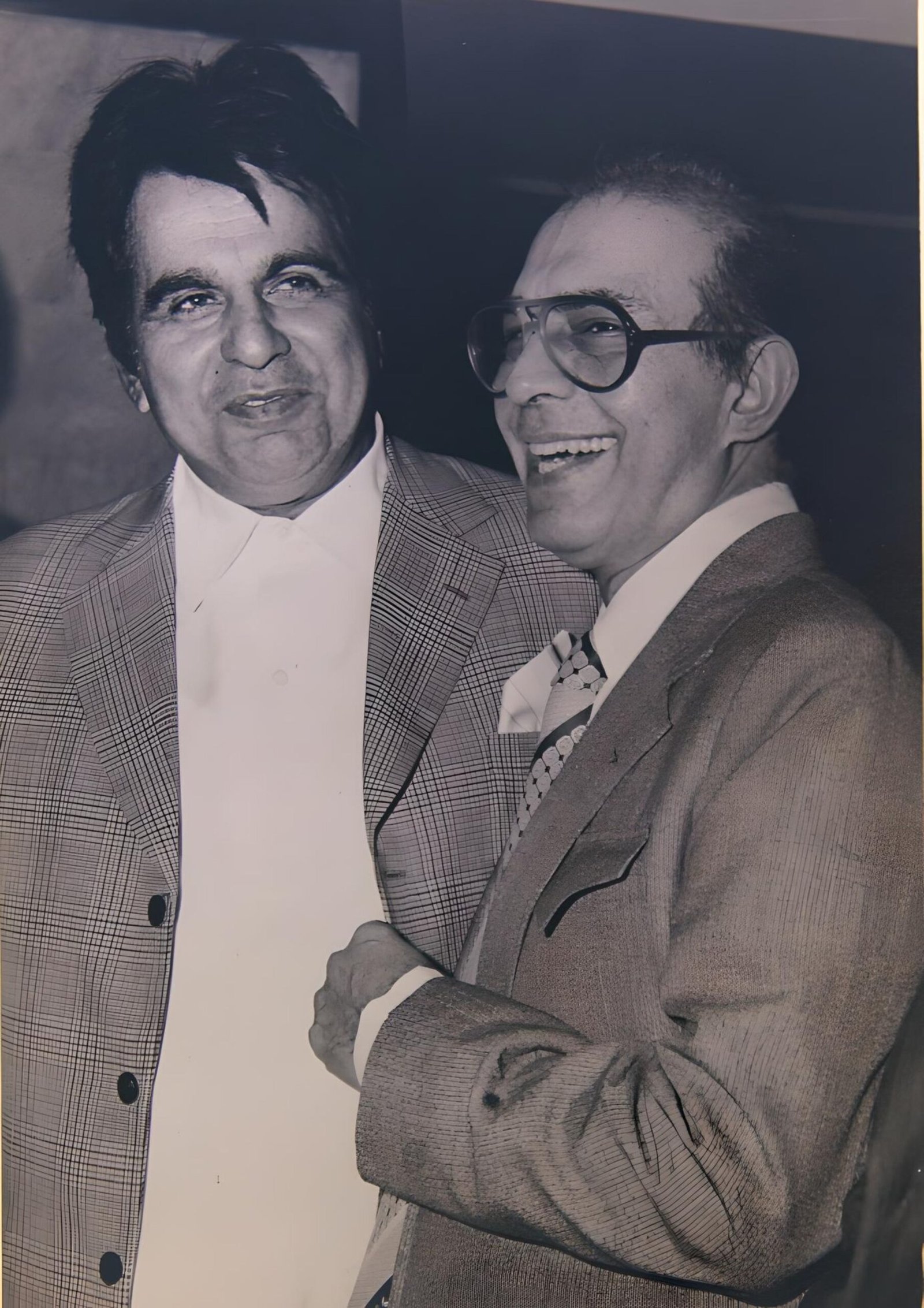
How did you do your research for the autobiography?
Coming from a television news background, I’m accustomed to working at a very fast pace with tight deadlines. In live news and debates, your deadline can sometimes be as short as five seconds when breaking news happens. You have to quickly analyse visuals, understand the reporter’s updates, and speak about them virtually instantaneously, all while doing multiple layers of verification and fact-checking.
This fast-paced, detail-oriented style of working is how I approached writing the book. I finished the first draft within one year. However, having decided to self-publish directly through Amazon and Motionpress, I then had to work on design, layout, cover selection, and curating photographs—a process that took another six months.
Many exclusive family album photographs were personally digitised and coloured by me during this phase. So in total, while the writing took one year, the entire book production spanning writing, designing, and publication strategy took around two years to complete from start to finish, leveraging my ability to work swiftly while maintaining accuracy.
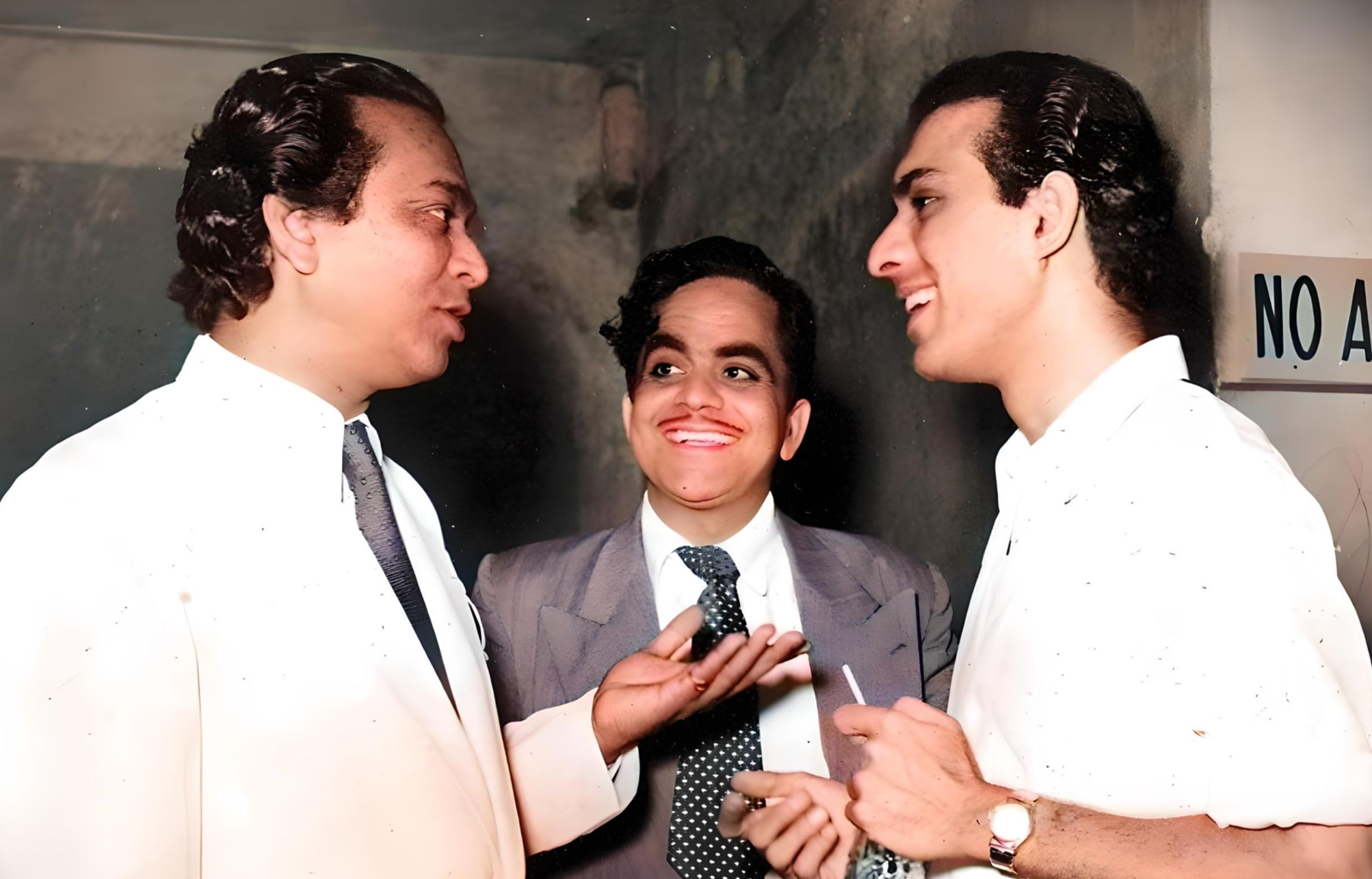
Are there any myths, rumours or misrepresentations about Talat Saab that the book clarifies and corrects?
Absolutely! While there were rumours about misunderstandings or Naushad allegedly giving away Talat Mehmood’s recorded songs to other singers, I have directly addressed and clarified those head-on in the book.
In my understanding, it boiled down more to a clash of temperaments than bitter rivalries. As a creative person, there must have been many moments where their contrasting mindsets and approaches clashed. After Talat Mehmood’s passing, Naushad referred to him as “Ghazal-e-Ghazal,” a very profound term meaning the epitome, the embodiment of ghazal singing itself.
This made me realise the differences stemmed from their set ideologies. Naushad had a rigid classical vision of how a singer should perform, especially in Urdu. Talat Mehmood, a connoisseur of Urdu literature himself, was perfect in his diction. But he wasn’t just a singer; he was an artistic performer with a much broader, progressive vision.
While respecting poetic quality, Talat Mehmood experimented by modernising ghazals in the 1960s, fusing them with guitar strumming and drums—quite unconventional then. He was open to parallel careers singing Bengali and non-film ghazals alongside movies. He toured globally, a first for singers at that time.
So while Naushad represented convention, Talat Mehmood embodied an avant-garde spirit willing to innovate and transcend boundaries within his art form. This fundamental difference in creative philosophies likely caused friction between their temperaments.
The book also delves into the unfortunate trend of “version songs” that had started emerging in the film industry during that era. I’ve chronicled the misrepresented situations where Talat Mahmood’s originally recorded vocals were replaced by re-recordings from other singers – an unsavory practice I refer to as the “ugly time of version songs.”
Tell us about the issue surrounding singer’s royalties and Talat Saab’s participation.
Talat Nanu strongly believed in the cause of securing royalty rights for singers. He was a thoughtful artist who looked beyond just singing and recording in the studio. This progressive outlook created a difference in temperament with others in the industry.
On the matter of royalties, he personally raised the issue for himself initially. When he later became the secretary of the Playback Singers Association, he took up the cause more broadly. This prompted Lata Didi and eventually the entire film industry to get on board. In the 1960s, when Talat Nanu was leaving, there was a major strike in the film industry over this issue. It was a “mic down” protest where recording studios remained shut for three months and no new film songs were recorded. While other singers started feeling the demand was being pressed too far, he felt very strongly about it.
Although we now celebrate royalty rights for singers, his pioneering role in officially raising this issue within the film industry is rarely mentioned or promoted, as he passed away and there are few still around to recount it. But the fact remains that he was the first to take up this significant cause in an official capacity.
Was there anything amiss with his acting career being sabotaged?
It’s definitely just a rumour. He continued singing even after venturing into acting in the 1950s. It was only when he felt acting was stretching him too thin that he decided to leave it and focus solely on singing, which was his true passion.
In a recent conversation with filmmaker Muzaffar Ali during my book launch, I asked for his perspective on how an artist of Talat Mahmood’s calibre could give up acting. Ali explained that when an artist realises one aspect of their art is not as strong as another, they choose to pursue their stronger side to excel. That’s precisely what Talat did, as singing was his true forte over acting.
Ali mentioned most people join the industry to become “heroes” and act, only exploring other avenues like supporting roles, off-screen work, or direction if that dream fails. However, Talat was reluctant to face the camera initially. Film directors had to persistently persuade him, being impressed by his good looks and massive female fan following as a singer.
His acting debut in 1953 was ideated like a “Miss India” contest, with advertisements inviting people to audition to be his first co-star, highlighting the craze surrounding him. Despite working with top actresses and scoring some silver jubilee hits, he did around 13–14 films before leaving acting entirely of his own volition. Ironically, it was the filmmakers who kept insisting he act, while Talat saw himself essentially as just a singer and eventually made that his sole focus.
Are there any life lessons, words of wisdom or guiding principles from Talatji that resonated with you?
As a trailblazer, the life lesson he embodied was the importance of pursuing one’s artistic vision and career path with grace and integrity. While trailblazers often face obstacles and conflicts along the way, he charted his pioneering course with a gentle touch. The gentleness that resonated through his voice extended to his personal conduct and demeanor. He carried himself with remarkable dignity that was intrinsic to his character. By forging a new path while upholding gentleness and dignity, he set an exemplary standard.
In an industry rife with potential for controversies, ego clashes, and ugly feuds that could easily ruffle feathers, he maintained an unwavering sense of conscience and humanity. Rather than resorting to combative decisions, he stayed true to his values and persona, marked by refinement. His trailblazing journey serves as a powerful reminder that even while pushing boundaries and breaking new ground, one can navigate challenges with poise, restraint, and an adherence to principles that uplift the human spirit.
Finally, when will you release the paperback copy in India?
An updated version with new copies of the book will be released within the next month. This latest edition features forewords penned by esteemed individuals. The first foreword is written by Pandit Hari Prasad Chaurasia, who was a colleague and great admirer of the legendary singer. The second foreword is a thoughtful piece contributed by the renowned singer Sonu Nigam. Additionally, the book is further enriched by a third foreword from India’s best-selling author, Dr. Shashi Tharoor, lending his literary insights to this commemorative work.
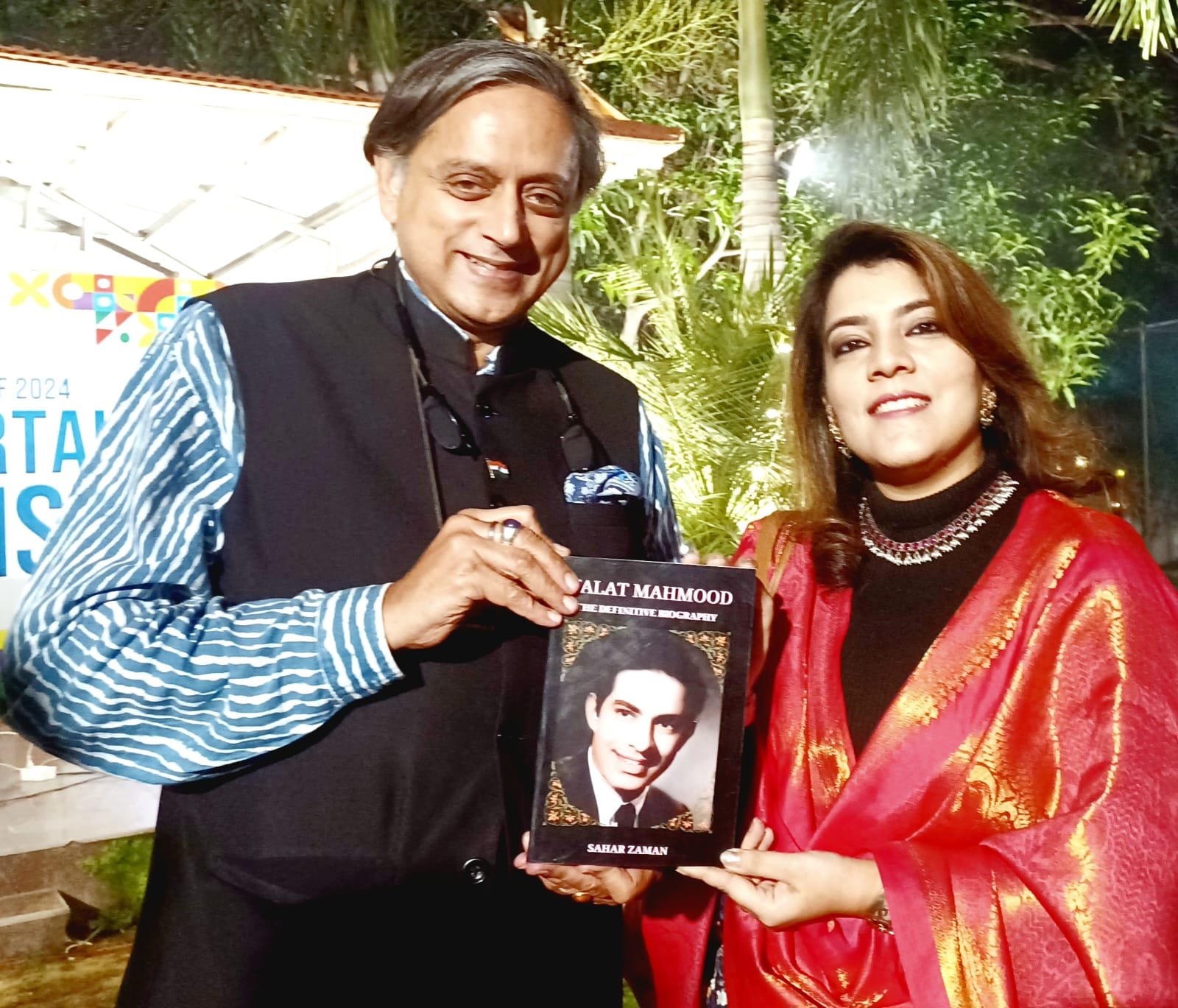
About the Author
Sahar Zaman is an award-winning television news journalist, author and cultural curator. She is recognized for her work in television, print and digital, for over 20 years as newscaster, news editor and features correspondent on prime-time news media across India’s top networks. She is the Founder of ‘Hunar TV’ and the Chief Curator of “Jashn-e-Talat’. She is Talat Mahmood;s grandniece.


